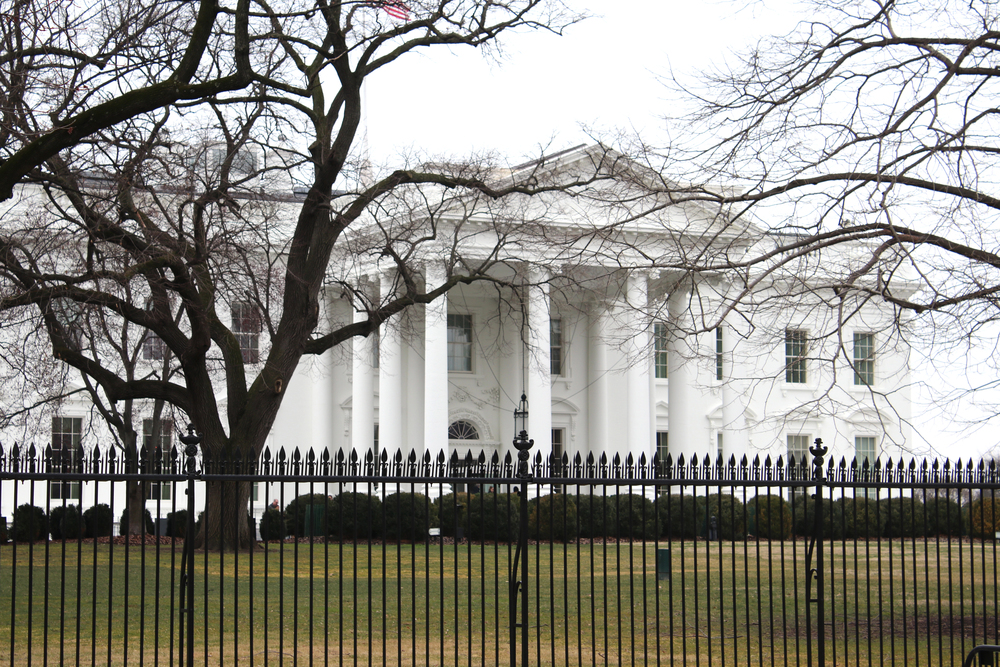Election Defies Polls and Pundits
By: Nathan Riedel
Tuesday was a historic night on many levels, as professional political pundits and the polling industry were rebuked by an electorate that had reached its tipping point with the establishment.
White House
While not well-liked personally, President-Elect Donald Trump was embraced by a crucial segment of the population that is disenfranchised with politics and feels slighted by a growing federal government. For this segment of the electorate, Trump was the agent of change—and he proved to offer some coattails for down-ballot Republicans.
Following its defeat in the 2012 presidential election, the Republican National Committee conducted an autopsy. In its 100-page report of criticism and suggestions, one line stood out in particular: “The perception that the GOP does not care about people is doing great harm to the Party and its candidates on the federal level, especially in presidential years. It is a major deficiency that must be addressed.”
With its reluctant nomination of Trump, the establishment Republican Party let out a collective sigh of disbelief and pondered the outcome if, alternatively, it nominated someone who could empathize with the electorate. Ironically, Trump’s candidacy ended up speaking to the concerns of the segment of the electorate that would propel him and his party to victory.
The final electoral vote is 306-232 in favor of Trump, despite him losing the popular vote by more than 200,000.
Congress
The dust is still settling on several U.S. House of Representatives races, but the Republican Party holds its majorities in the Senate and House, making this the second time since 1928 that it will control the White House and both chambers of Congress simultaneously.
In the Senate, the Republican majority stands at 51-46 with two independents caucusing with the Democratic Party. That majority is likely to grow to 52-46-2 following a Dec. 10 Louisiana Senate runoff, where the Republican candidate enters as the favorite.
In the House, the Republican majority has shrunk by an estimated six seats, settling in at 241-194 once all seats are called and two runoffs in Louisiana are decided. That 24-seat majority will be larger than nearly all political pundits predicted.
InsurPac
InsurPac, the Big “I” political action committee, distributed more campaign money this election cycle than ever before—a total of $2,147,000—to the campaigns of U.S. senators, representatives and candidates for federal office. InsurPac supported 280 races, winning 266 of them for a 95% victory rate.
As more than 50 new faces are sworn into the 115th Congress, InsurPac will continue to work hand in hand with the Big “I” federal government affairs team to develop and strengthen relationships with these newly elected officials, as well as existing legislators.
Nathan Riedel is Big “I” vice president of political affairs.










